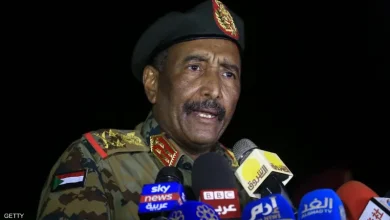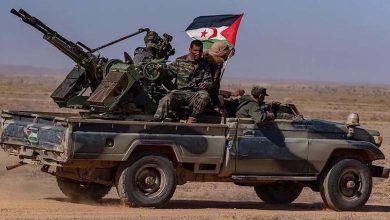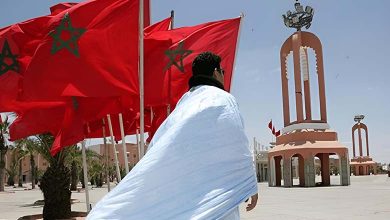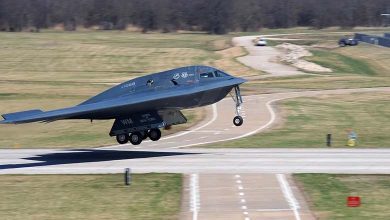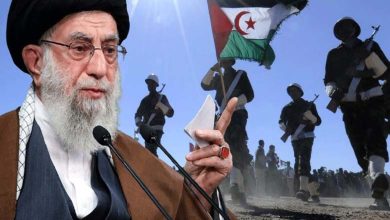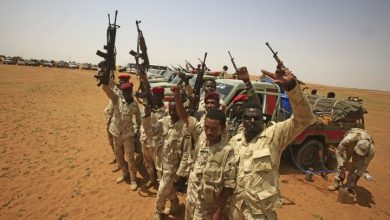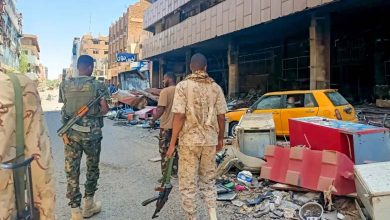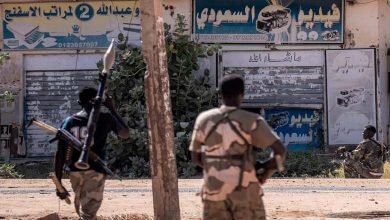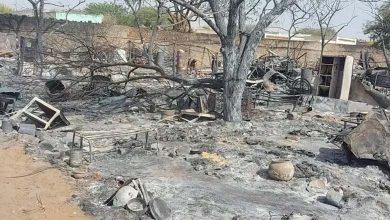Openness towards Hezbollah ignites crisis between Leban’s Muslim Brotherhood
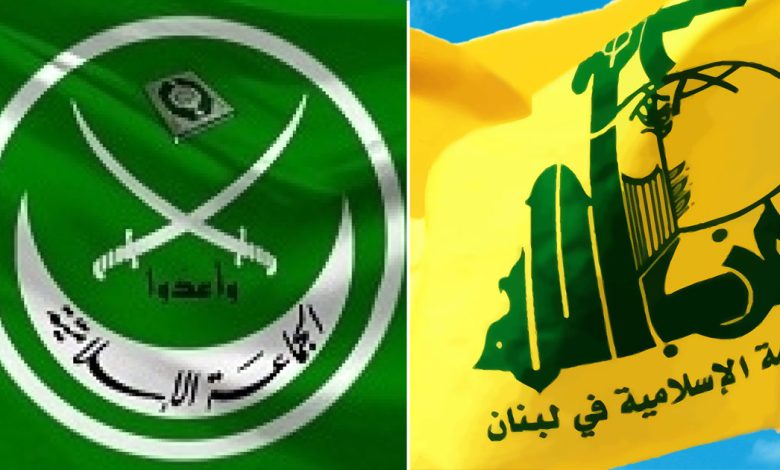
The Islamic Group (Sunni), which is considered an extension of the Muslim Brotherhood movement in Lebanon towards closer relations with the Shiite Hezbollah, triggered disputes and contrasts that touched the level of rebellion. Some leaders in the group, which was founded between the end of the fifties and the early sixties of the last century by Fathi Yakan and Faisal Al-Mawlawi, were influenced by the ideas of Hassan Al-Banna, Sayed Qutb in Egypt, Moustapha Siba’i in Syria, and the translated and arabized books of Abul Ala Maudoudi in Pakistan.
The openness to relations with Hezbollah at the same time reflects the close relationship between Hezbollah and the Islamic Resistance Movement (Hamas), which is also an extension of the Egyptian Muslim Brotherhood’s thought in Gaza and the West Bank, at a confusing ideological confluence shaped by different sects and loyalties because the Lebanese Shiite group is linked to the Islamic State of Faqih in Iran.
MP Emad al-Hout, who may eventually be forced to resign from the organization, was among the leaders of the Lebanese Islamic Group who publicly announced the group’s move away from its popular base, subjecting it to close monitoring of its movements and tightening the noose on it. Other sources say “differences in viewpoints are still under control”.
According to a report in the Lebanese newspaper Al-Akhbar, which is close to Hezbollah, the experiments over the leadership showed that the Islamic Group “is not an iron organization”, but it is also “not a cartoon organization”, pointing out that six months after the election of Mohammed Taqosh as the head of the organization’s General Secretariat were enough to confirm his ability to bridge differences at the lowest possible cost and collect “conflicting floors” inside Aisha Bakkar, the headquarters of the group.
The Lebanese newspaper noted that he is fighting Hazm against pockets of rebellion, but has not yet succeeded in eliminating them completely.
What is certain in the midst of these developments is that the rapprochement with Hezbollah, which is an ongoing source of contention within the group, has caused this fracture and the insurgency that has begun to form, while Taqoush continues his efforts to mend fences and curb the insurgency.
MP Emad Al-Hout seems to have failed to comprehend the shock of the group’s opening to Hezbollah. He is known for his anti-Shiite group positions. He said, “Hezbollah suffers from a crisis of conscience because it practices what Israel used to do in the south and occupies a portion of Syrian territory.” He also commented on Hezbollah’s military intervention in the Syrian civil war.
Al-Akhbar quotes one of the Brotherhood’s leaders as saying, “They did not understand how the organization was going from one side to the other, after the internal branch of Hamas became stronger and seemed to have had an impact on the positions of the group.” Some, however, deny this, saying that the influence of Hamas on a number of issues has increased.
The whale, according to some sources, appears unhappy with the political performance of the group, which authorized him to serve as its representative in the Lebanese parliament. This compels him not to deviate politically from the organization’s vision. It also does not appear that he is satisfied with being under close surveillance and prevented from making statements before they are examined and that “seizures” are on the open air, al-Akhbar said.
This became clear publicly when leaders in the group stated publicly that they had chosen him to represent them in parliament, even though they did not pass the test of numbers. They stated that “rationality only required his selection so that the popular base would not be affected by the disparities that occurred in the elections, and that internal institutions would not be shaken before the election of the new leadership.”
The Lebanese newspaper says the whale understands that “it was Hamas money that kept the group afloat and enabled him to be elected as a representative of Beirut. All of this makes him (whale) weaker than the resistance of the driver’s locker.”
The leadership of the Islamic Group had asked Emad al-Hout to be politically disciplined and adhere to the Brotherhood’s ceiling. He was to be “described as a ‘row’ away from his personal views because he represents a party in parliament and does not represent himself and must reflect the Brotherhood’s positions and orientations.
The Islamic Group’s turning point in relations with Hezbollah was marked by signs of the crisis and the nascent insurgency that Muhammad Taqush seeks to foment, while the whale’s position was on one side and this issue on the other, as he was unable to ‘digest’ this openness, which is defined by his hard-line positions towards the Shiite group.
Sources say that what disturbs the whale most is the Brotherhood’s leadership’s move to practice exclusion, suppression of opinions, muzzling and restriction on its movements, in a move that clearly points to the story of the wings inside ‘Aisha Bakkar’. He was banned from participating in a dinner hosted by the Saudi ambassador to Beirut, Walid Bakhkhar, after a meeting of Dar al-Fatwa’s Sunni representatives in September of last year.
The representative of the Islamic Group complained in closed councils of being subjected to harassment and close monitoring of his movements, according to sources who said that he had begun thinking of resigning from the group because he was convinced that he represents the opinion of the organization’s grassroots.
It is still unclear whether al-Hout’s resignation is actually on the table, but leaders of the Muslim Brotherhood say the matter has not been raised yet, without denying the existence of differences between the Beirut MP and the leadership, stressing that the differences have not spiraled out of control.
It is also likely that Hout is thinking of establishing a political party within the group, an idea even within the organization from the time of its former secretary-general, Sheikh Ibrahim Al-Masri (who led the group from 2010 to 2016), but the idea has not matured amid political restrictions and internal restrictions.
According to Lebanese newspaper Al-Akhbar, the Islamic Group is quietly continuing its turning point towards Hezbollah without affecting its popular base or “opposition wings growing inside it.” Information on a meeting between the group’s Secretary General Sheik Mohammed Taqoush and Hezbollah Secretary General Hassan Nasrallah is not yet available, but there are arrangements underway without fanfare, which clearly indicates that channels between the two groups are legitimate.



